USA
Race


History has the power to teach us what to do in the present, but do we actually make good use of that tool? Many events in our recent past might suggest otherwise. American history is complex and full of pain, suffering and missteps. Harvard professor Imani Perry’s interdisciplinary work draws from African American studies, legal history and cultural studies to find insigh...


History is taught with textbooks and lectures, but it’s also passed down in more informal ways, within families from generation to generation. Different groups of people can become attached to varying stories of the same past, and some narratives are erased or distorted. Writer and scholar Clint Smith takes a close look at the mechanisms and consequences of those distortio...
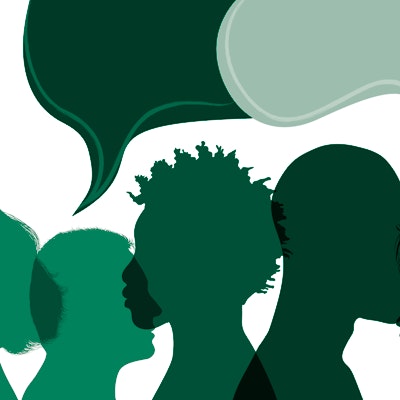

We may have moved from a time of reckoning on racial equity to a time of transformation, says business leader Dr. Rohini Anand, and that gives her hope. The author of “Leading Global Diversity, Equity and Inclusion: A Guide for Systemic Change in Multinational Organizations,” Anand advises leaders all over the world on how to get to work and make DEI improvements that stic...


Throughout American history, racism has been embedded in health and health care. To justify slavery, scientists promulgated falsehoods about African Americans and health. More recently, social policies rooted in racism have led to less access to care, higher disease rates, and lower life expectancies for communities of color. Science writer Harriet Washington says structur...

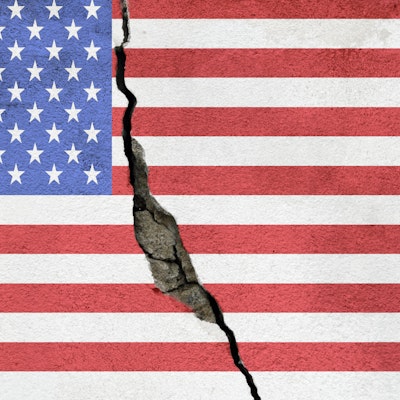
America has been shaped by a hidden phenomenon that touches all of our lives. A rigid hierarchy of human rankings, or caste system, influences our culture, politics, and even our health. Race is the metric by which one’s position in the caste system is determined. In her book, "Caste: The Origins of Our Discontents," Isabel Wilkerson describes how these inherited rankings...


After more than two decades of research, tax scholar Dorothy A. Brown discovered that America's tax system is not color-blind. In fact, societal racism is deeply embedded in it. From attending college to getting married to buying a home, Black Americans are financially disadvantaged compared to their white peers.

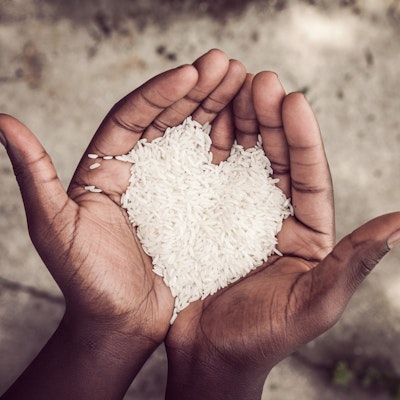
In this pandemic recession, millions of Americans are going hungry, and Black and Hispanic households are hit harder than white ones. Throughout US history, hunger and health have been tied to race and now Covid-19 is affecting low-income, communities of color disproportionately.
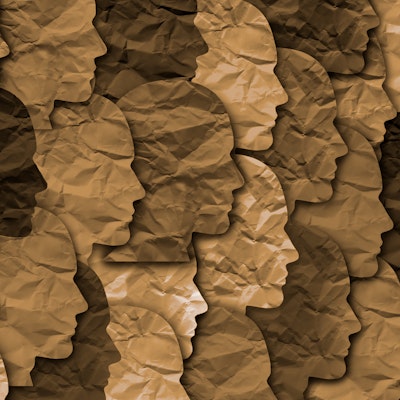

It’s time to slow down and start again to remake American culture and undo systemic racism, says author and Yale professor Claudia Rankin. White Americans must wade into the waters of Whiteness, and interrogate their own responses to Blackness.


The civil rights movement has affected all Americans, whether they realize it or not. The opportunity for everyone to vote represents a major shift, but changes in education, housing and even sports reflect the strategic leadership of activists throughout American history. Civil rights experts and Stanford University professors Pamela Karlan and James Steyer discuss the hi...


Rabbi Lord Jonathan Sacks says liberal democracy has become about “me” instead of “us.” In his new book, Morality: Restoring the Common Good in Divided Times, Sacks says we are losing our strong, shared moral code and that’s challenging our sense of community and common good. Growth comes from an openness to others who may not be like us and, he says, developing a moral bo...
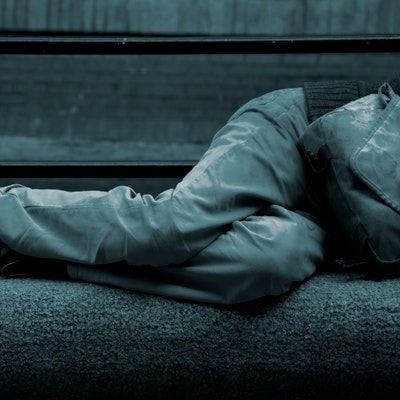

Wes Moore, author of "Five Days: The Fiery Reckoning of an American City" (written with Erica Green), says communities around the United States must confront systemic racism.


As the presidential election heats up, voters are considering factors unique to 2020.

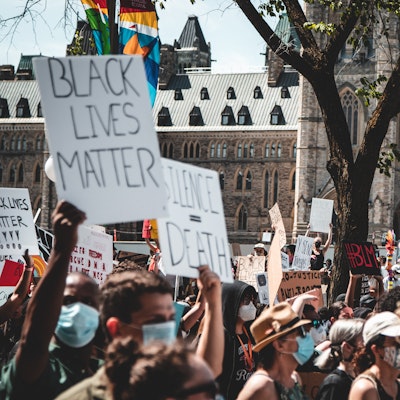
Across the United States, from rural areas to cities and suburbs, people have been hitting the streets to protest racism and police brutality.

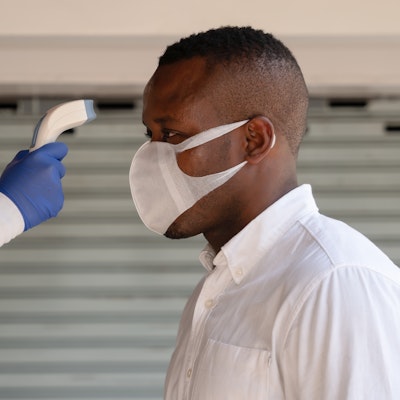
Black people are 3.5 times more likely to die of the coronavirus than white people. Why is this?


A leading voice on antiracism, Ibram X. Kendi says countering racism is essential to the formation of a just and equitable society — so, how can we fight it?


The coronavirus crisis is impacting poor, low-income, and people of color disproportionately.
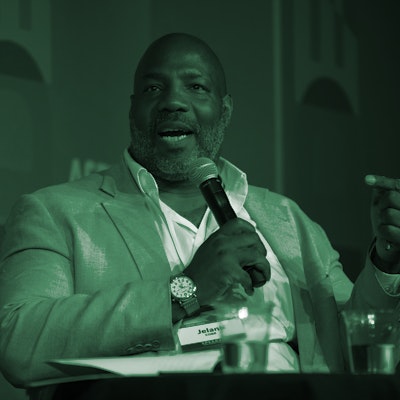

Today race is a more prominent and intransigent problem than ever.


Social justice advocate Bryan Stevenson is the subject in the new movie, “Just Mercy.”

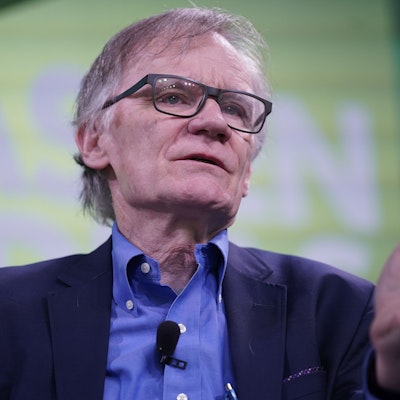
Two Pulitzer Prize-winning historians explain the difference between myth and reality in American history.


Bias is natural — it’s one way we make sense of the world. It becomes problematic when our biases become stereotypes and prejudices.





